420 Meaning Explained
The cannabis vocabulary is as unique as it is endless. There are so many colloquialism terms and cannabis buzzwords in the weed family that even the most experienced marijuana enthusiasts can get lost in the plethora of not-so-obvious terminology.
The number 420 has been a part of our popular culture since the ’70s. Today we know it as the date each year where we celebrate cannabis and the culture surrounding it. You would be hard-pressed to find someone who has never heard of the annual celebration.
But are you sure you know the exact origins of 420?
Many “420” celebration revellers are oblivious to the true origins of the word, but they share one of the common myths surrounding the origins of the meaning behind 420.
The rumours have spread and been twisted so much that some people believe it’s the number of active compounds in marijuana. Some think that it’s the cannabis equivalent of Holland’s tea time. There’s even the theory that 420 is from Bob Dylan’s legendary song “Rainy Day Women No. 12 & 35” — after all, 12 times 35 equals 420.
But the truth about 420 is that the origins of 420 are as simple as its true meaning. It dates to 1971 and a group of five students from California who would meet each other after their classes in San Rafael school – they are the Waldos.
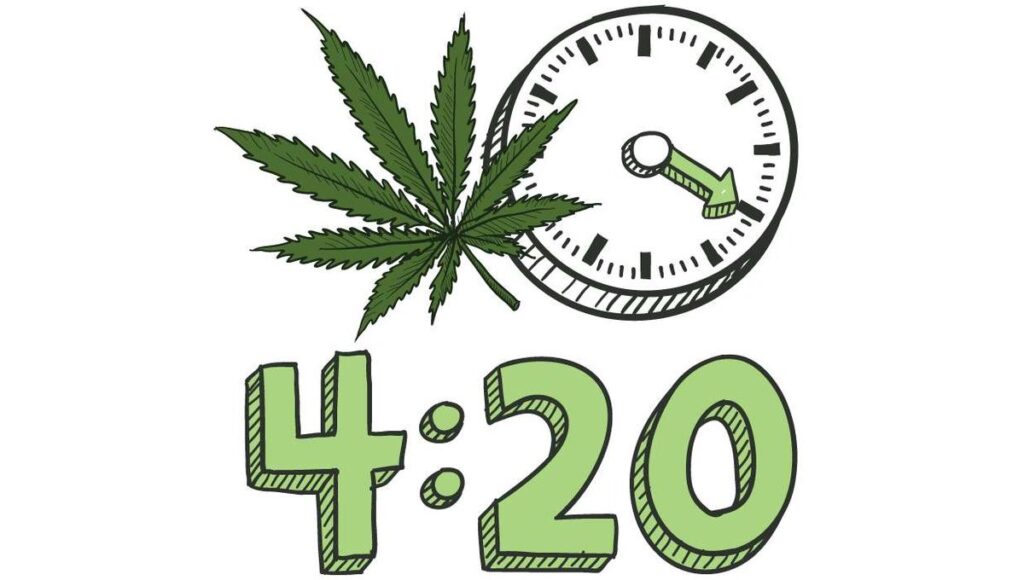
The Meaning of 420 Explained
Whether expressed as April the 20th, or a time of day (4:20) or the number, 420 — which reads four-twenty, it all refers to a slang term for enjoying cannabis.
April 20th eventually became the international “Cannabis Appreciation Day” or “Weed Day”, when all marijuana enthusiasts across the world celebrate weed and fight for the legalization of cannabis, to which the “420” term is strongly attached.
Any self-respecting weed toker has smoked weed at 4:20 at least a couple of times in their lifetime. Sometimes 4:20 AM and sometimes 4:20 PM — we never judge.
The Origins of 420: The Waldos, the Grateful Dead, and the Bebes
The Waldos
The Waldos were a group of high school lads who, during the fall semester of 1971. They learned of a Coast Guard employee who grew a marijuana plant and could no longer go to take care of it.
Provided with a map that supposedly was going to lead the guys to the unattended crop, the buys would meet by the statue of Louis Pasteur near their school in a search for the precious goods.
You probably already guessed that their meeting time was 4:20 p.m, right after their exercise classes. The Waldos would jump into their car, toke some cannabis, and search through the nearby forest for the promised free bud.
As one of the founding members of the Waldos told the Huffington Post. “We would remind each other in the hallways we were supposed to meet up at 4:20. It originally started out 4:20-Louis, and we eventually dropped the Louis.”
They never found the free bud, but instead, they made world history by introducing us to one of the most famous weed slang terms that later won the hearts of all marijuana enthusiasts around the globe.
But how did this group of kids from California manage to spread their secret toking code internationally?
This is where the Grateful Dead comes to play.
The Waldos enjoyed open access, and many connections, to the band the Grateful Dead. Their family were managing the band’s real estate and were good pals with Dead bassist Phil Lesh, managing their sideband.
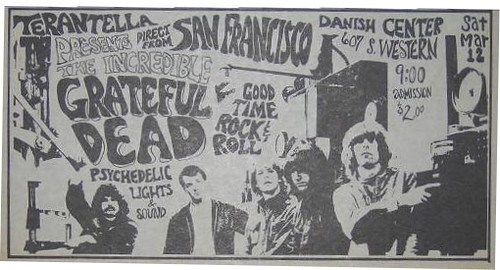
Here’s what Capper told the Huffington Post:
“There was a place called Winterland, and we’d always be backstage running around or on stage and, of course, we’re using those phrases. When somebody passes a joint or something, ‘Hey, 420.’ So it started spreading through that community.”
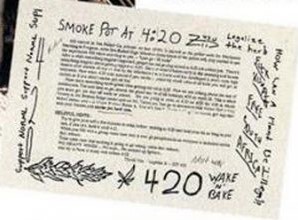
The former “High Times” reporter Steve Bloom heard about 420 for the first time during a Grateful Dead concert in Oakland, California On Christmas of 1990.
Bloom wound up partying with a crowd of hippies that would gather before Grateful Dead concerts. One of those hippie fans handed him a flyer that said, “We are going to meet at 4:20 on 4/20 for 420-ing in Marin County at the Bolinas Ridge sunset spot on Mt. Tamalpais.”
Bloom took that flyer to High Times Magazine and they instantly ran with the story, helping launch the buzzword internationally.
The Bebes vs. the Waldos
We saw a huge cannabis controversy in 2012 that popped up out of nowhere when a pro-weed website, 420 Magazine, wrote an article about a group that called themselves The Bebes. The man’s story claimed that it was thegroup Bebes who came up with the slang 420. He also accused the Waldos of being self-promoting wannabes who also attended San Rafael during that time.
The magazine’s editor in chief Rob Griffin and the writer of the article found out in his background research that Bebe really did invent the term 420. Even if this were true, the Waldos had a much greater input in making it hugely popular. Huffington Post refuted this saying that there was no hard evidence to back The Bebe’s 420 claims. Meanwhile, the Waldos have gone to extraordinary lengths in their efforts to prove their story of 420 in the media.
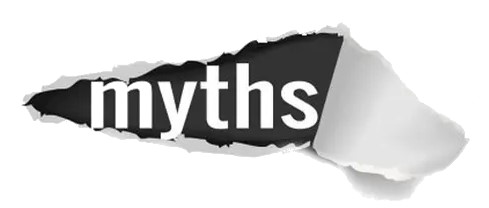
3 More Commonly Spread Myths About 420
As with any story emanating from popular culture, there are several urban legends around the meaning of 420. Here are the 3 more widely spread myths about the origin of 420:
- It’s the date that Bob Marley’s died. Nope, NOT true. The music artist actually passed away because of melanoma on May 11th, 1981.
- It’s the number of a marijuana bill legalizing marijuana in the United States. This is also not true. Although there is the bill HR420(Regulate Marijuana Like Alcohol Act) cannabis remains federally illegal in the United States.
- It’s the numerical value attributed to all compounds found in the marijuana plant. There are more than 480 compounds already identified in cannabis.

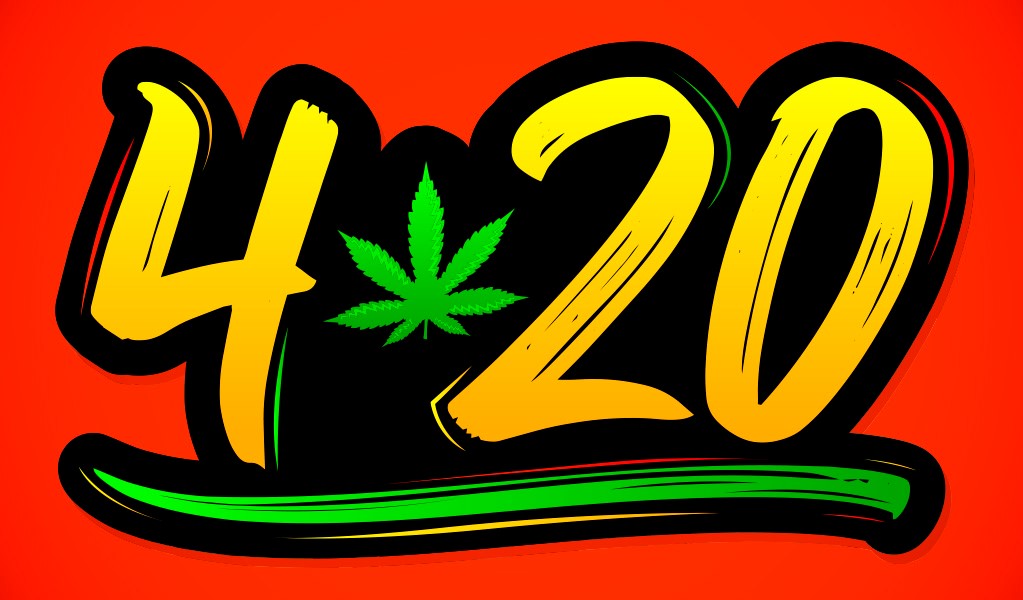
Cool info